The project, developed in collaboration with Teiuș Solar S.R.L., is expected to generate approximately 103.59 GWh of electricity annually, reducing CO₂ emissions by more than 37,000 tonnes each year.
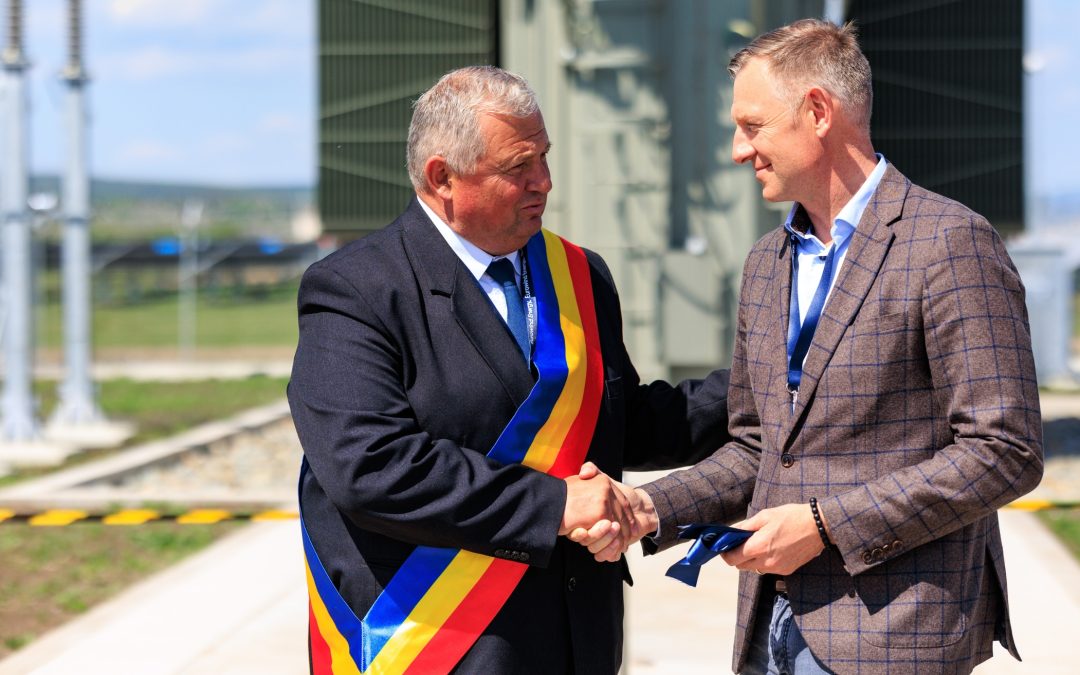











The project, developed in collaboration with Teiuș Solar S.R.L., is expected to generate approximately 103.59 GWh of electricity annually, reducing CO₂ emissions by more than 37,000 tonnes each year.
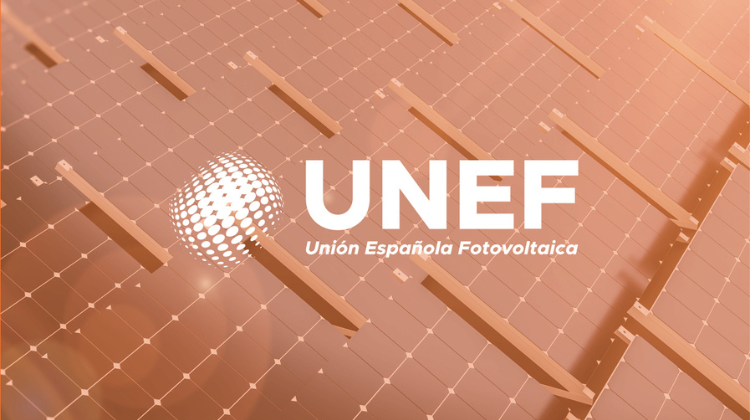
Union Española Fotovoltaica provides a technical and responsible perspective on the electrical incident and the photovoltaic sector’s commitment to stability and sustainability.

What are the technical details behind these systems that enable households, industries, and communities to manage their renewable energy, optimise costs, and achieve operational independence, leveraging available resources without relying solely on centralised systems?

Yingli provides customised photovoltaic solutions based on TOPCon technology, optimising efficiency and adaptability to meet the specific needs of each client.

A report commissioned by SolarPower Europe reveals that digitalised solar systems, particularly small-scale installations, require new cybersecurity standards to ensure Europe’s energy stability.

The reconfiguration proposed by ENTSO-E would generate net benefits of €339 million by reducing internal grid congestion, but faces challenges related to transition costs, market liquidity, and risks to renewable energy investments.

Founded in 2005, Solis has grown from modest beginnings in Ningbo, China, to become an industry leader, maintaining its leadership today under its founder, Jimmy Wang. With over 100 GW of inverters shipped globally and a presence in over 100 countries and regions, the company celebrates two decades of innovation by boldly looking toward the future.

Following the April 28 power outage, the Spanish Photovoltaic Union (UNEF), SolarPower Europe, and the Global Solar Council reiterate that photovoltaic technology operated as expected, was not the cause of the failure, and is ready to contribute to system stability with solutions such as storage and hybrid plants.

Millions of people lost power after the blackout in Spain, Portugal, and France, exposing the vulnerability of Europe’s electricity grids and the risk of similar failures across the continent. The crisis intensifies the debate on urgent investments in energy storage, cybersecurity, and resilience. Industry executives and consultants discuss risks and solutions with Strategic Energy Europe.
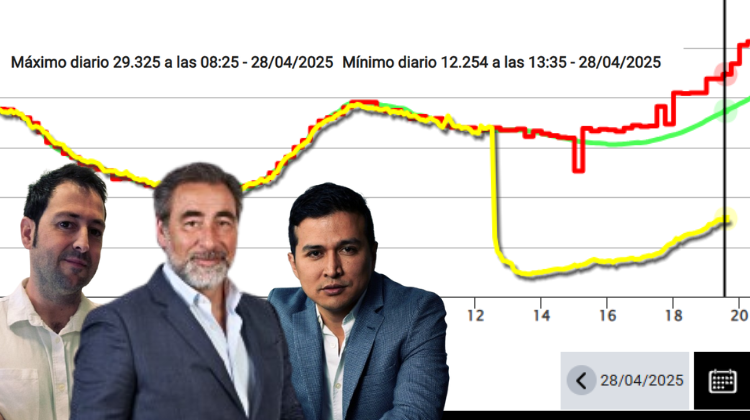
The blackout has been confirmed to have multiple causes, yet the initial trigger remains a mystery. Technical failures, atmospheric phenomena, and cyberattacks have been considered. Experts highlight high-voltage line failures, limited interconnection capacity, and the challenges of managing a renewable-based system as key contributing factors.

With political and business experience, Katherina Reiche takes on Germany’s Ministry for Economic Affairs and Energy, tasked with modernising infrastructure, accelerating clean energy adoption, and positioning the country as a leader in Europe’s energy transition. Industry experts expect his mandate to focus primarily on hydrogen infrastructure.
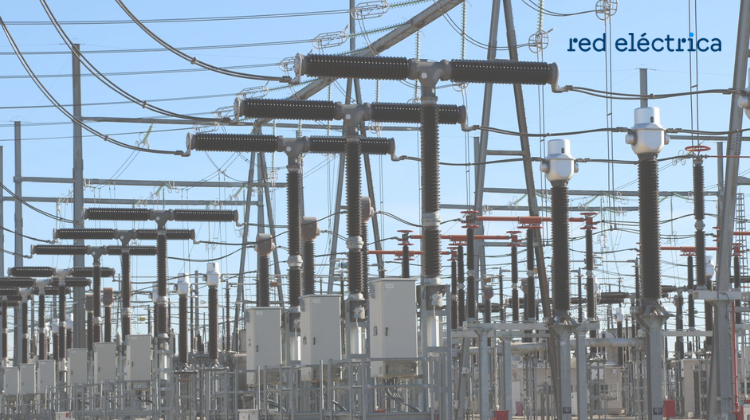
Red Eléctrica reports on the gradual recovery of the peninsular electricity system following an incident that caused a loss of 10,000 MW of demand in just a few minutes.

Germany’s Minister for Economic Affairs and Climate Action, Robert Habeck, warns of the growing risks of international protectionism and advocates for a strategy centred on green technology investment, energy diversification, and strengthening the European internal market to ensure competitiveness and economic security.

With over 550 investors from 30 countries and an 85% reinvestment rate, Crowmie is committed to democratising investment in industrial solar projects. It highlights that only 17% of Spaniards actively invest their savings, presenting a key opportunity to finance the energy transition.

The European Commission approved a €612 million Portuguese plan to reduce electricity rates for electro-intensive companies, preventing their relocation to countries with less stringent climate policies. In return, the beneficiaries must promote energy efficiency measures or use renewable energy. The initiative seeks to balance industrial competitiveness and decarbonization goals.

The Solar Stewardship Initiative (SSI) welcomes the UK government’s proposed amendment to the GB Energy Bill, aimed at combating forced labor in solar supply chains. The organization reaffirms its commitment to a just energy transition based on human rights, environmental sustainability, and responsible governance, while promoting transparency and traceability in the global photovoltaic industry.
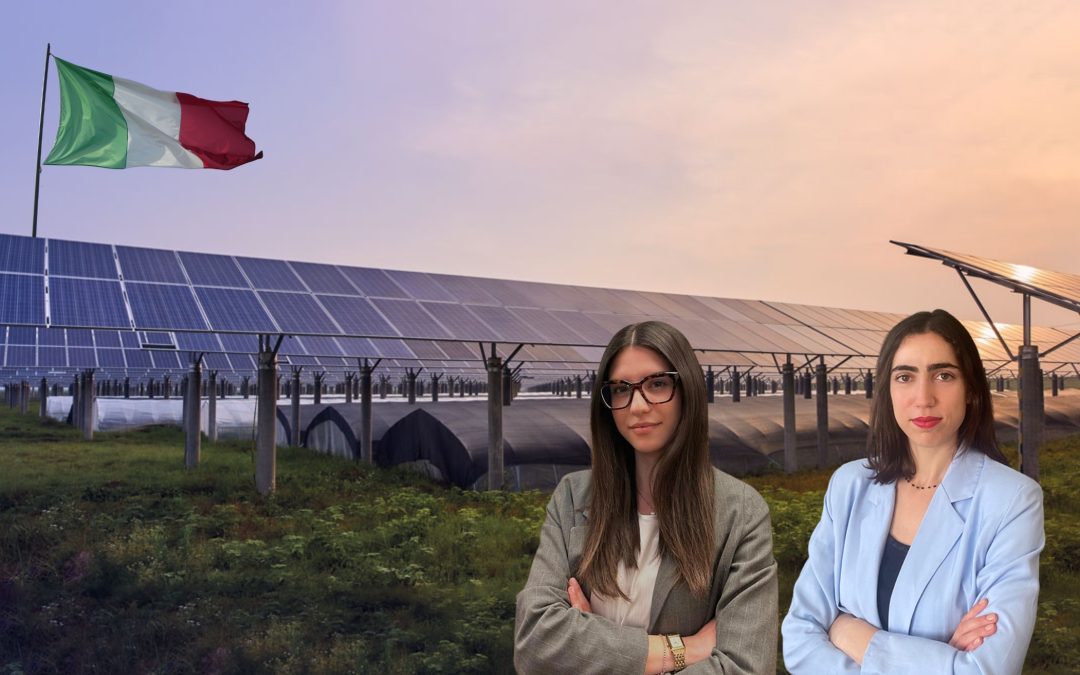
The upcoming agrivoltaic auction in Italy has over €300 million in public funds, but the grid connection timeline is causing uncertainty among investors. “The connection timeline must be accelerated,” warns Ludovica Terenzi, founder of Greensquare Italia, in an interview with Strategic Energy Europe.

During the first quarter of 2025, renewable energy sources covered 46.9% of Germany’s total electricity consumption, according to data from ZSW and BDEW. Wind generation fell sharply due to weather conditions, while solar power surged by 32%, highlighting its increasing role in the energy mix.
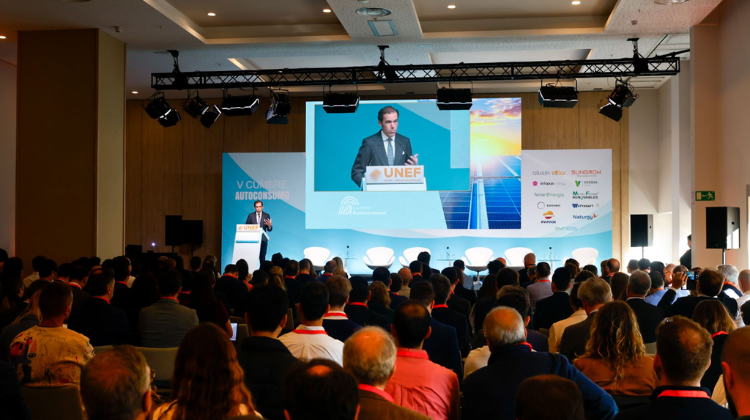
Despite continued growth in self-consumption across Spain, the rate of expansion has slowed: in 2024, over 50,000 households installed self-consumption systems, contributing 1,182 MW of new capacity. Nevertheless, this represents a 31% decline in growth compared to 2023.

The second edition of the “Storage, Renewables, and Electric Vehicles Integration Forum,” organized by Mobility Portal Europe and Strategic Energy Europe, will be held virtually on May 21 and 22. Leaders and experts will analyze the challenges and opportunities for accelerating the integration of renewable energy in Europe.

The new TMO4+ framework promises to unlock up to 756 GW of backlogged projects, more than five times the UK’s peak electricity demand, prioritising those that are “ready and needed”. Senior Energy Lawyer Harshita Khurana highlights the legal challenges accompanying this transformation in the UK in an interview with Strategic Energy Europe.


The project, developed in collaboration with Teiuș Solar S.R.L., is expected to generate approximately 103.59 GWh of electricity annually, reducing CO₂ emissions by more than 37,000 tonnes each year.

Union Española Fotovoltaica provides a technical and responsible perspective on the electrical incident and the photovoltaic sector’s commitment to stability and sustainability.

What are the technical details behind these systems that enable households, industries, and communities to manage their renewable energy, optimise costs, and achieve operational independence, leveraging available resources without relying solely on centralised systems?

Yingli provides customised photovoltaic solutions based on TOPCon technology, optimising efficiency and adaptability to meet the specific needs of each client.

A report commissioned by SolarPower Europe reveals that digitalised solar systems, particularly small-scale installations, require new cybersecurity standards to ensure Europe’s energy stability.

The reconfiguration proposed by ENTSO-E would generate net benefits of €339 million by reducing internal grid congestion, but faces challenges related to transition costs, market liquidity, and risks to renewable energy investments.

Founded in 2005, Solis has grown from modest beginnings in Ningbo, China, to become an industry leader, maintaining its leadership today under its founder, Jimmy Wang. With over 100 GW of inverters shipped globally and a presence in over 100 countries and regions, the company celebrates two decades of innovation by boldly looking toward the future.

Following the April 28 power outage, the Spanish Photovoltaic Union (UNEF), SolarPower Europe, and the Global Solar Council reiterate that photovoltaic technology operated as expected, was not the cause of the failure, and is ready to contribute to system stability with solutions such as storage and hybrid plants.

Millions of people lost power after the blackout in Spain, Portugal, and France, exposing the vulnerability of Europe’s electricity grids and the risk of similar failures across the continent. The crisis intensifies the debate on urgent investments in energy storage, cybersecurity, and resilience. Industry executives and consultants discuss risks and solutions with Strategic Energy Europe.

The blackout has been confirmed to have multiple causes, yet the initial trigger remains a mystery. Technical failures, atmospheric phenomena, and cyberattacks have been considered. Experts highlight high-voltage line failures, limited interconnection capacity, and the challenges of managing a renewable-based system as key contributing factors.

With political and business experience, Katherina Reiche takes on Germany’s Ministry for Economic Affairs and Energy, tasked with modernising infrastructure, accelerating clean energy adoption, and positioning the country as a leader in Europe’s energy transition. Industry experts expect his mandate to focus primarily on hydrogen infrastructure.

Red Eléctrica reports on the gradual recovery of the peninsular electricity system following an incident that caused a loss of 10,000 MW of demand in just a few minutes.

Germany’s Minister for Economic Affairs and Climate Action, Robert Habeck, warns of the growing risks of international protectionism and advocates for a strategy centred on green technology investment, energy diversification, and strengthening the European internal market to ensure competitiveness and economic security.

With over 550 investors from 30 countries and an 85% reinvestment rate, Crowmie is committed to democratising investment in industrial solar projects. It highlights that only 17% of Spaniards actively invest their savings, presenting a key opportunity to finance the energy transition.

The European Commission approved a €612 million Portuguese plan to reduce electricity rates for electro-intensive companies, preventing their relocation to countries with less stringent climate policies. In return, the beneficiaries must promote energy efficiency measures or use renewable energy. The initiative seeks to balance industrial competitiveness and decarbonization goals.

The Solar Stewardship Initiative (SSI) welcomes the UK government’s proposed amendment to the GB Energy Bill, aimed at combating forced labor in solar supply chains. The organization reaffirms its commitment to a just energy transition based on human rights, environmental sustainability, and responsible governance, while promoting transparency and traceability in the global photovoltaic industry.

The upcoming agrivoltaic auction in Italy has over €300 million in public funds, but the grid connection timeline is causing uncertainty among investors. “The connection timeline must be accelerated,” warns Ludovica Terenzi, founder of Greensquare Italia, in an interview with Strategic Energy Europe.

During the first quarter of 2025, renewable energy sources covered 46.9% of Germany’s total electricity consumption, according to data from ZSW and BDEW. Wind generation fell sharply due to weather conditions, while solar power surged by 32%, highlighting its increasing role in the energy mix.

Despite continued growth in self-consumption across Spain, the rate of expansion has slowed: in 2024, over 50,000 households installed self-consumption systems, contributing 1,182 MW of new capacity. Nevertheless, this represents a 31% decline in growth compared to 2023.

The second edition of the “Storage, Renewables, and Electric Vehicles Integration Forum,” organized by Mobility Portal Europe and Strategic Energy Europe, will be held virtually on May 21 and 22. Leaders and experts will analyze the challenges and opportunities for accelerating the integration of renewable energy in Europe.

The new TMO4+ framework promises to unlock up to 756 GW of backlogged projects, more than five times the UK’s peak electricity demand, prioritising those that are “ready and needed”. Senior Energy Lawyer Harshita Khurana highlights the legal challenges accompanying this transformation in the UK in an interview with Strategic Energy Europe.
Select the sector you
want to know more about

Electricity prices rose across Europe in mid-October as demand, gas and CO₂ costs increased, while lower solar and wind output in several markets further pushed rates above €75/MWh, with some exceeding €100/MWh.

The legal dispute shakes Spain’s electricity system, opening a new front between the main grid operator and one of the country’s largest utilities, in a conflict with major political, technical and reputational implications.

La disputa judicial sacude al sistema eléctrico español y abre un nuevo frente entre el principal operador y una de las mayores eléctricas, en un conflicto con alto impacto político, técnico y reputacional.